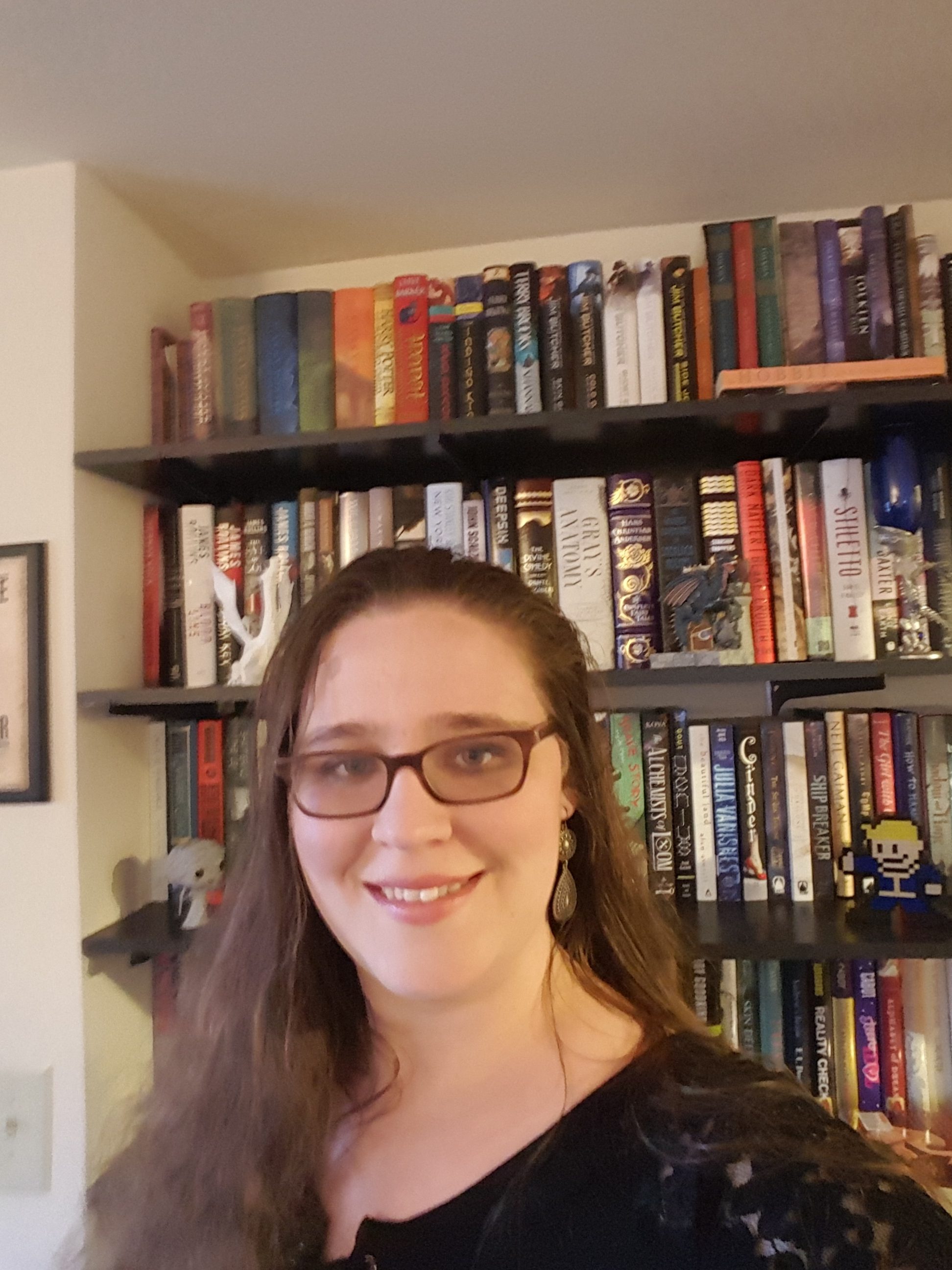

Read honest and unbiased product reviews from our users. This is a shame, as the book is beautifully written, as is always the case with Julian Barnes, and genuinely thought-provoking. Find helpful customer reviews and review ratings for Staring At the Sun (Picador Books) at. Gregory's interrogation of the GPC makes for interesting intellectual cut and thrust, but it is out of tune with the rest of the book.īy the end, as Gregory and his mother embark on an aeroplane and all the metaphors come together, one feels as if one has completed a particularly complex intellectual jigsaw and not a work of literature. The General Purposes Computer is a fine example of why writers must always take care when writing about the future, since Barnes obviously hadn't envisaged as all-encompassing a vehicle for the sum of human knowledge as the Internet. After two largely realist parts which follow Jean in her youth and as a mother, we suddenly fast-forward to 2020. The second is a problem of tone in the final section of the book. Similarly aeroplanes - Uncle Leslie takes her on an aeroplane to cure her whooping cough Tommy Prosser gives the book its title by flying into the sun Gregory makes model aircraft that cannot fly. As a child, Jean sees a print of a mink with the caption that "the mink is excessively tenacious of life," and the phrase returns to Jean at all of life's major junctures. Significant metaphors recur with a clunk. The first is that it is over-determined, a bit too writerly. There are two main problems with this book.

There someone asks how you can tell good jade from bad and is told "you look at it and by looking you can tell its qualities." And she reflects on travelling in her middle age, when she went to China. Staring at the Sun: Overcoming the Terror of. She looks back on bringing up her son, Gregory, whose existential crisis causes him to interrogate the General Purposes Computer's Absolute Truth module why he is afraid of death. Reviews arent verified, but Google checks for and removes fake content when its identified. Looking back on her long life from a vantage point in 2020, she reflects on her dodgy Uncle Leslie, who fled to America during the war, and fighter-pilot Tommy Prosser, who was grounded when he lost his bottle. It was only the prospect of her son's birth that made her leave her husband and drift around various poorly paid jobs and rented flats. Brought up before the second world war, she drifted into a loveless marriage. Jean Sargent did not lead an exciting life. Whereas The Sense of an Ending explores the nature of history, Staring at the Sun tries to tell whether you can "tell a good life from a bad life, a wasted life." Barnes had written about an elderly character looking back on a life once before in Staring at the Sun, one of his earlier works written in 1985, and the difference between the two books is instructive. Both are massively ambitious. In his recent Booker Prizewinning The Sense of an Ending, Julian Barnes' middle-aged character tries to make sense of a pivotal event in his life many years ago.


 0 kommentar(er)
0 kommentar(er)
